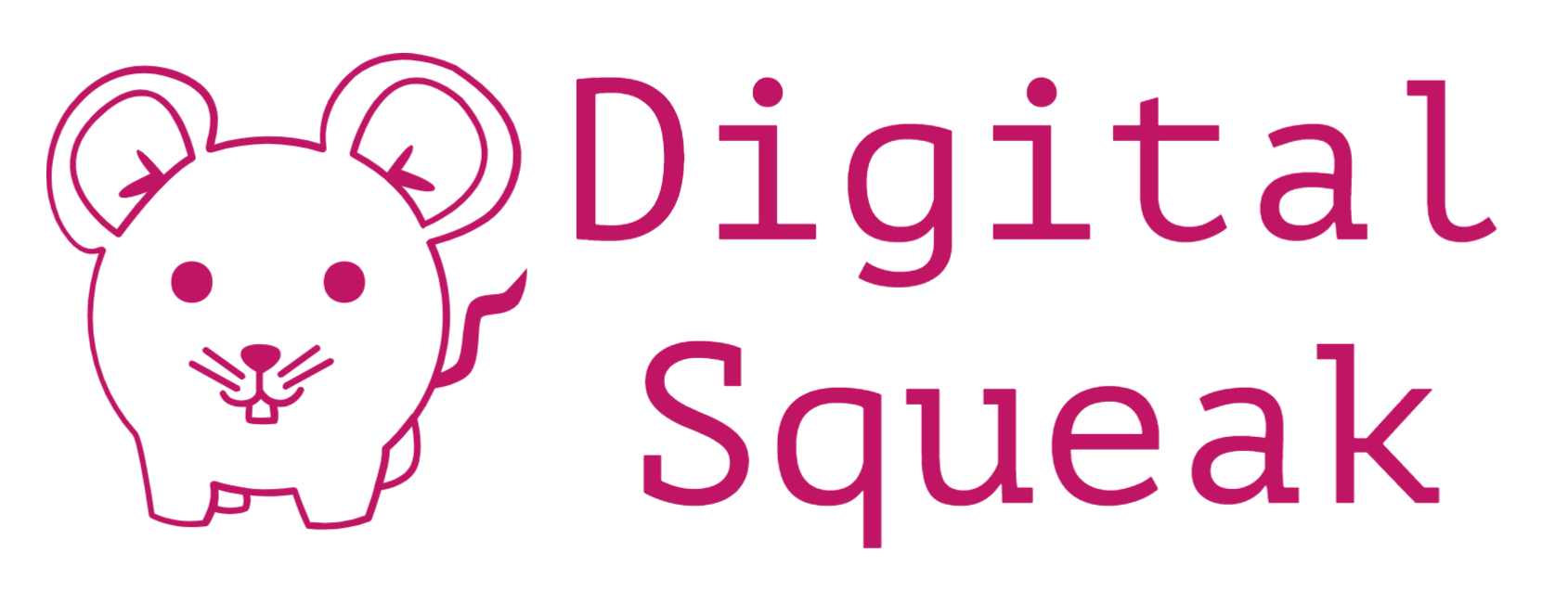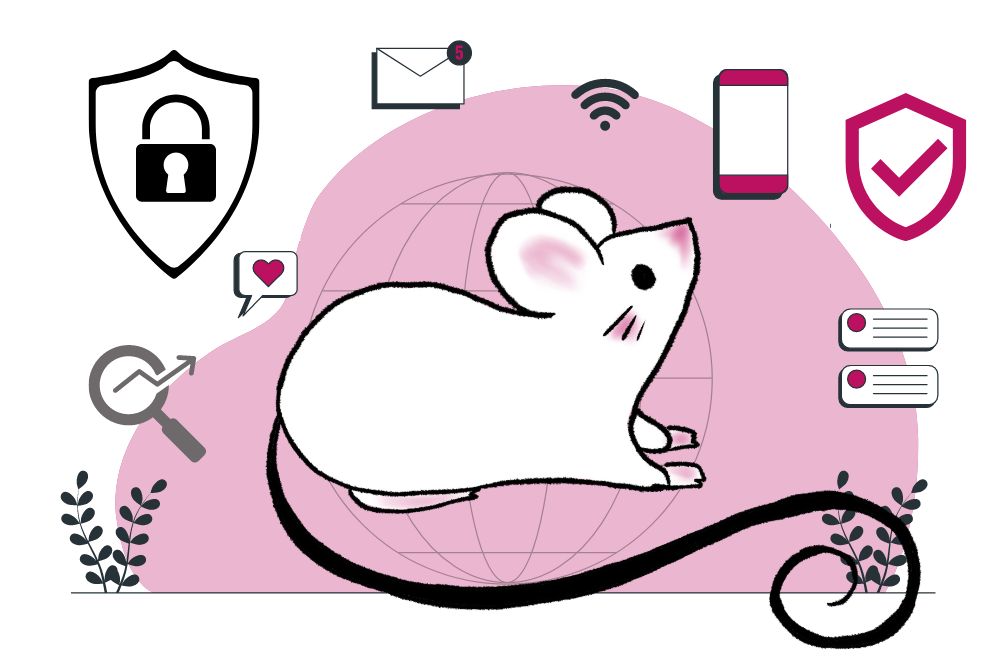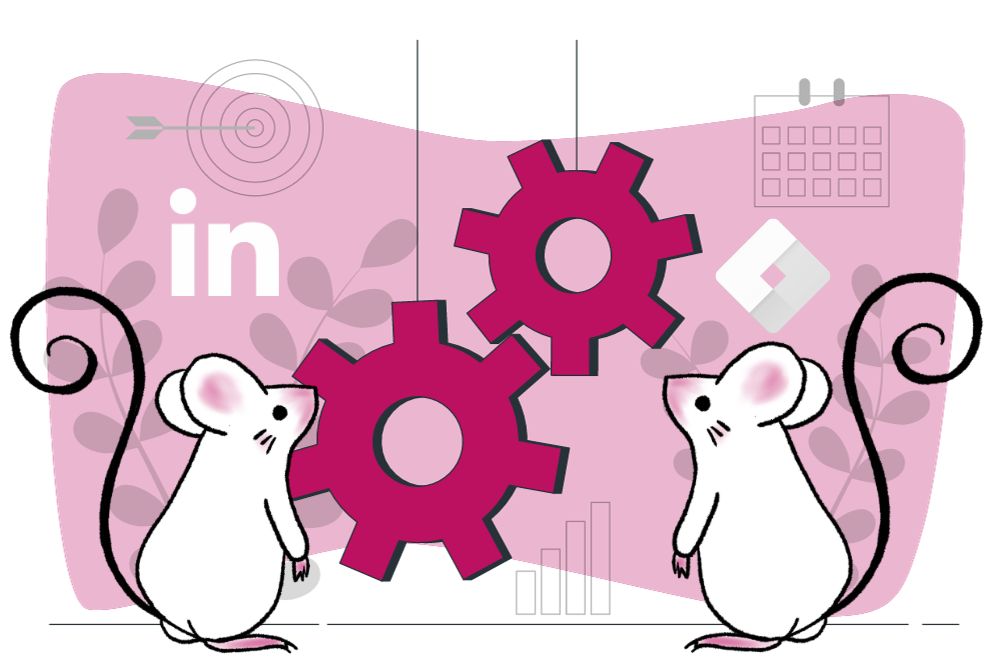In today’s digital age, the success of any business is closely tied to its website’s performance, security, and visibility on search engines. One critical aspect often overlooked is website security, which plays a pivotal role in not only safeguarding sensitive data but also in enhancing Digital Marketing Strategies and Search Engine Optimisation (SEO) efforts.
In this blog we will provide the reasons why securing your website is so important, and give you a helpful guide to securing your website. If you need any assistance with understand SEO terms, be sure to check out our SEO dictionary.
Why Securing Your Website Is Important
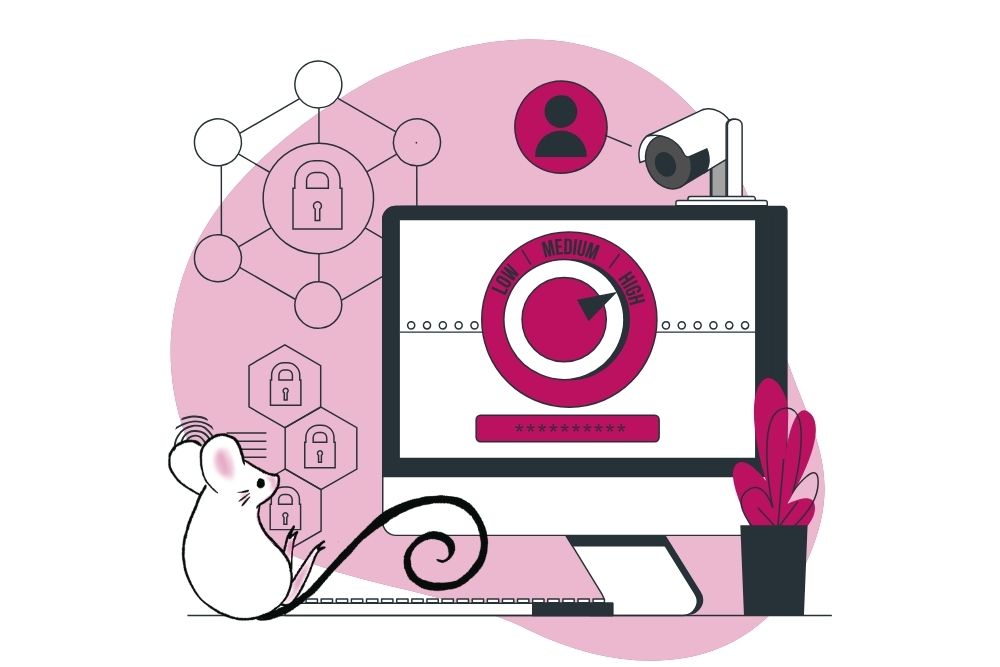
Here are a few of the reasons why securing your website is important.
Trust and Credibility
A secure website builds trust and credibility among users. When visitors see the padlock icon in the address bar, indicating a secure connection (HTTPS), they are more likely to trust the website with their information. Trust is a cornerstone of successful digital marketing, influencing user engagement, conversion rates, and brand loyalty.
Data Protection and Compliance
Ensuring the security of user data is not only an ethical obligation but also a legal requirement. Compliance with data protection regulations, such as GDPR and the POPI Act, is essential for avoiding legal consequences and maintaining a positive brand image. Digital marketing efforts can leverage a commitment to data protection in promotional materials, fostering customer confidence.
SEO Ranking Factors
Search engines, particularly Google, consider website security as a ranking factor. Websites with HTTPS encryption are prioritised in search results over unsecured counterparts. This preference for secure sites is part of Google’s broader initiative to create a safer online environment. Improved search rankings directly contribute to increased visibility, driving organic traffic to your site.
User Experience (UX)
A secure website contributes to a positive user experience. Pages that load quickly and securely lead to lower bounce rates and higher user satisfaction. Search engines recognise the importance of user experience, and it is factored into their algorithms. Positive user engagement signals, such as longer dwell times and lower bounce rates, can boost your SEO rankings.
Protection Against Cyber Threats
Cyber threats, such as hacking, malware, and phishing attacks, can have devastating effects on a website’s reputation and performance. A compromised website not only risks losing valuable data but also faces the potential of being blacklisted by search engines. Regular security measures, such as software updates and firewalls, safeguard against these threats, ensuring uninterrupted digital marketing campaigns.
Mobile Optimisation
Mobile devices dominate internet usage, and Google emphasises mobile-friendly websites in its ranking algorithms. Secure websites often integrate better with responsive designs, contributing to a seamless mobile experience. Mobile optimisation is crucial for both SEO and Digital Marketing, as it directly impacts the user’s ability to access and interact with your content on various devices.
How To Secure Your Website
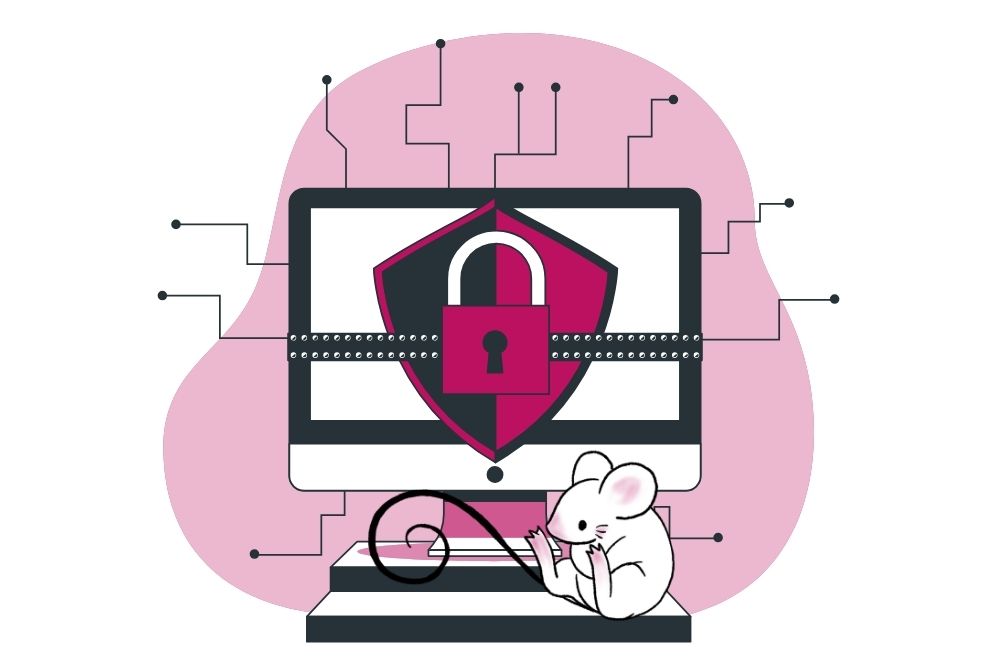
Securing a website is crucial to protect sensitive data, maintain user trust, and prevent various cyber threats.
Here’s a step-by-step guide to help you ensure your website is secure:
- Keep Software Updated: Regularly update your web server software, content management system (CMS), plugins, and any other third-party applications. Outdated software can have known vulnerabilities that hackers exploit.
- Use HTTPS: Enable HTTPS by obtaining an SSL/TLS certificate. This ensures that data transmitted between the user’s browser and your server is encrypted. Many web hosting providers offer free SSL certificates.
- Strong Passwords: Enforce strong password policies for all user accounts, including administrators. Encourage the use of complex passwords and enable multi-factor authentication (MFA) whenever possible.
- Regular Backups: Perform regular backups of your website’s data and files. Store backups in a secure, offsite location. In the event of a security incident, you can quickly restore your website to a clean state.
- Web Application Firewall (WAF): Implement a web application firewall to filter and monitor HTTP traffic between a web application and the Internet. WAFs can help protect against various web application attacks, such as SQL injection and cross-site scripting.
- Security Plugins/Extensions: If you’re using a CMS like WordPress, Joomla, or Drupal, consider installing security plugins or extensions. These tools can help monitor and protect your site from common vulnerabilities.
- Limit User Permissions: Assign the minimum necessary permissions to each user account. Only grant administrative access to trusted individuals. Regularly review and update user roles and permissions.
- File Upload Security: If your website allows file uploads, ensure that users can only upload safe file types. Implement file size restrictions and use security measures to scan and validate uploaded files for potential threats.
- Error Handling: Customise error messages to reveal as little information as possible to potential attackers. Generic error messages can provide valuable information about your system.
- Monitoring and Logging: Set up monitoring tools and regularly review logs for any suspicious activity. Monitoring helps you identify and respond to security incidents promptly.
- Cross-Site Scripting (XSS) Protection: Use input validation and sanitise user inputs to prevent cross-site scripting attacks. This helps protect against injecting malicious scripts into web pages.
- SQL Injection Prevention: Parameterise SQL queries to prevent SQL injection attacks. Avoid constructing queries using string concatenation with user input.
- Content Security Policy (CSP): Implement a Content Security Policy to mitigate against various types of content injection attacks, such as cross-site scripting.
- Regular Security Audits: Conduct regular security audits to identify and fix vulnerabilities. This may include penetration testing, code reviews, and vulnerability assessments.
- Educate Your Team: Ensure that your team is aware of security best practices. Educate them about the latest security threats and encourage a security-conscious culture.
By following these steps, you can significantly enhance the security of your website and reduce the risk of cyber attacks. Keep in mind that security is an ongoing process, and it’s essential to stay vigilant and adapt to emerging threats.
Conclusion
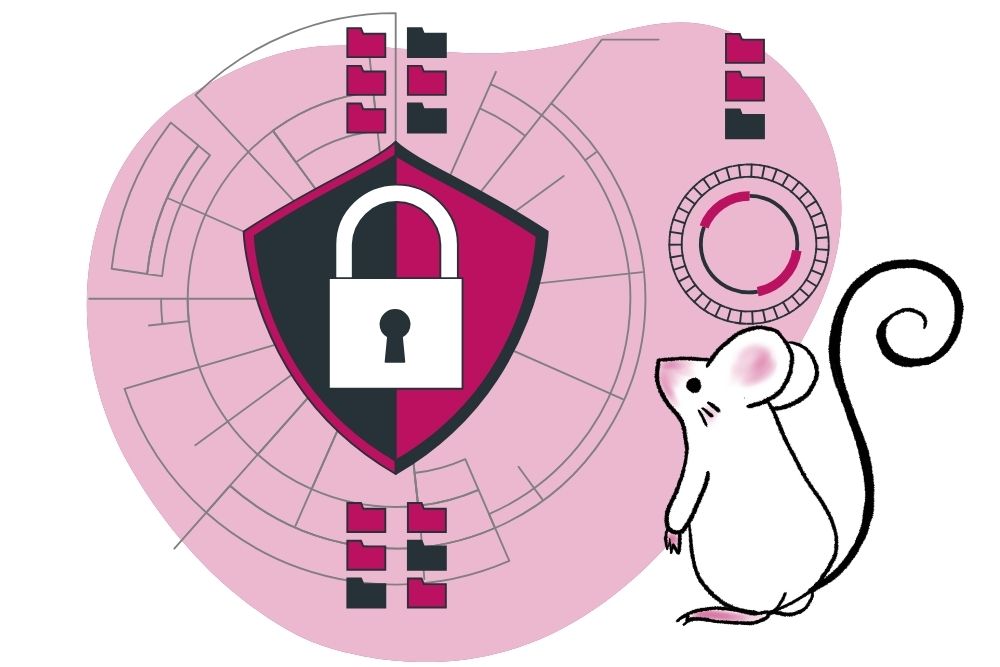
Website security is not just a technical requirement but a strategic asset that directly influences digital marketing success and SEO performance. By investing in a secure online environment, businesses can build trust, comply with regulations, improve search rankings, enhance user experiences, and ultimately, drive their digital marketing efforts to new heights.
Prioritising website security is not just a safeguard against potential threats; it’s a proactive measure to create a solid foundation for sustained online success.
Reach out to Digital Squeak to discuss your marketing objectives and see where we can help – pippa@digitalsqueak.co.za

Pippa is Digital Squeak’s Founder. In her hunt to balance her passion for digital marketing and her responsibilities as a single mom, she decided that the best solution was to start an agency that not only delivered exceptional service to clients, but provided the team with the freedom they needed to live their lives to the fullest.
